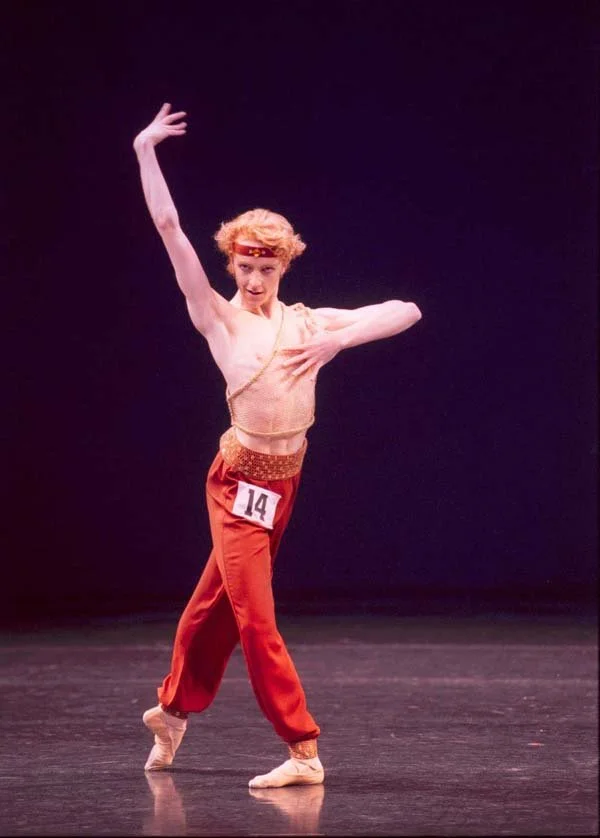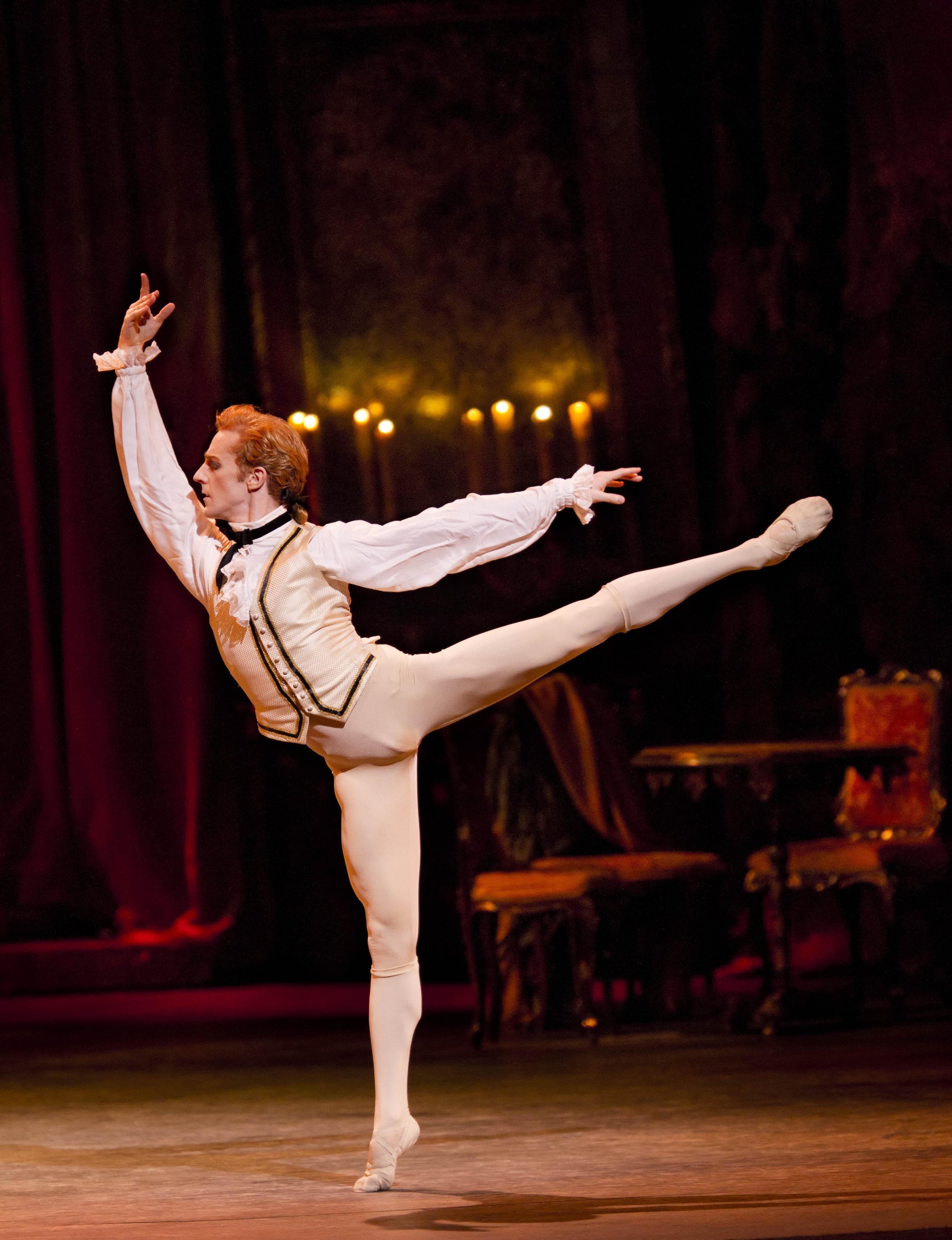Steven McRae
How and when were you first introduced to ballet?
“I grew up in a Motorsport family, far away from ballet. However, my sister did gymnastics and a bit of dance. At the age of 7, I asked if I could have a go at a dance class and I haven’t stopped since.”
What kind of support for your pursuit of ballet did you have within your home or community?
“My family didn’t know anything about dance, which I now realize was a blessing, as they could let me explore my hobby without any bigger ideas or ambitions of what it might become. My mother and father have always been my biggest supporters!”
Did you always want to be a dancer? At what point did you realize you wanted to pursue this as a career?
“From my very first lesson, I knew that I wanted to dance as much as possible. However, I didn’t know you could dance professionally until I was around the age of 14. I always enjoyed my academic studies too, so I had a healthy balance of dance and school that enabled me to keep my eyes open to the world.”
What did you find most challenging about pursuing dance? Did you ever have to deal with gender-based prejudice or stigma surrounding your interest in ballet? If so, how did you push through and overcome those pressures?
“Society still in 2024 has major gender-based prejudice, not just in choosing to dance but across multiple professions. Luckily, I grew up in a NHRA Motorsport family and in the world of racing, men and women are completely equal, racing against each other. I grew up surrounded by the sport and it reinforced to me that we can all pursue our passions, no matter what it is. This helped me shrug off the ignorant comments I came up against growing up when people had an issue with me dancing. I simply never let their ignorance take away my passion for dance.”
How has being a dancer helped you grow as a person, beyond dance?
“A career in dance will force you to develop the skill of resilience, both physically and mentally. Moving to the other side of the world at the age of 17 alone, before Skype, WhatsApp or other video services made it a very lonely experience; however, the passion I have for the art form fueled my determination.”
What do you find so special about dance? What was the driving factor that kept you dancing for all these years?
“As a very shy young boy, I quickly became aware of how I could communicate through dance. At the age of 8, I performed a solo for the first time and it was such a life changing moment realising that I could communicate and share a moment of time with the entire audience. This later developed into realizing that I could share powerful stories, messages, and emotions with any audience in any part of the world.”
What inspired you to collaborate with “Boys Do Ballet”? What do you feel is the most impactful aspect of the program, both from your point of view and the students?
“I have always believed that dance is and should be for everyone. Our missions and messages are very similar.”
What is the biggest misconception about men in dance? Is this concept universal? What would you say to those who believe that? What would you say to boys currently facing these challenges due to pursuing dance?
“The biggest misconception that unfortunately still exists is that dance is for girls and women. How wrong this is. Dance is one of the most primal and ancient of art forms used by all humans for centuries. Somehow society glorified the little girl wearing a pink leotard and tutu, and forgot to celebrate the young boy in shorts and a t-shirt who also loves to move and be free. To any young dancer still facing this prejudice, PLEASE do not allow this ignorant view to deter you from enjoying your passion for dance. dance transformed my life and I know what extraordinary things dance can do for so many people, communities, and even nations!”



